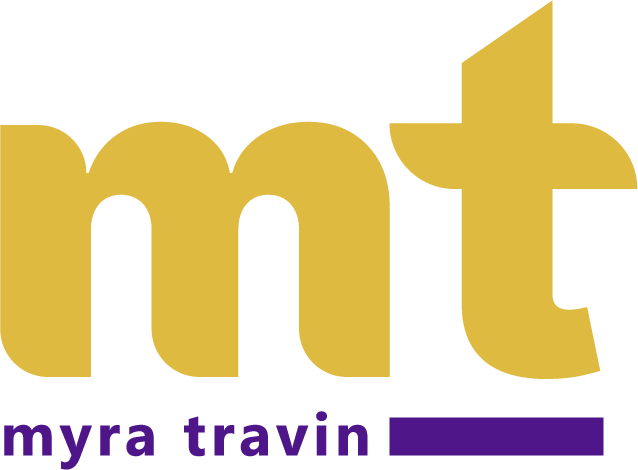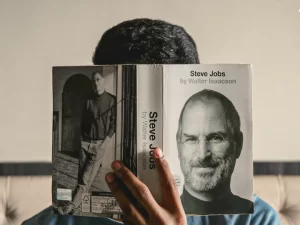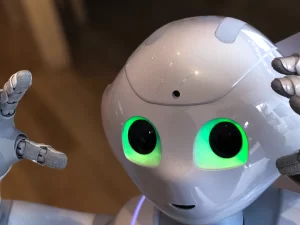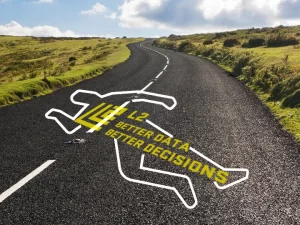During the First World War, there was a revolution in the art universe against all that came before it. The world was in ruins; “the war to end all wars” had reduced it to madmen running around in hellish circles, trying to kill one tribe and replace it with another. Tribalism, Fear, Ignorance, Death.
This war was begun by a very advanced culture, with unrivaled gifts for precision and for delicate china with such particular beauty that just a look at it was a revelation. Thousands of years after the dawn of mankind, we were at a critical point in our world history: Did we become overloads or collaborators? So Dada was born.
Dada is simple. Dada is new. Dada is yes. Learning is Dada. Dada is LX.
There is also a revolution in learning happening, and it is being led—banners flying—by the most humble and disenfranchised of all: the individual learner. Not by companies, designers, professionals, or governments: Learning is being led by the meek, but in such great numbers as to overpower all of our current institutions and processes. It is not one we will easily accept.
Clark Quinn said of eLearning: “Learning is the new business imperative. It is now an indisputable business reality: companies must become more nimble and agile. As things move faster, new processes arise, and the time to copy a new business approach drops, it becomes clear that continual innovation is the only way to not just survive, but thrive. And this doesn’t, can’t, come from the status quo.” I agree.
Quinn began this discussion in 1979 (!) and it has only become truer every year, barreling down on us like a meteor. I have been working on personalization in learning for my whole career and am glad to see others jumping on this ship. All aboard! There really, really, really, REALLY is a revolution. It cannot be avoided because it is inconvenient to our current processes. We all know this, but I think we may feel it will touch others and not ourselves. Like a tsunami in a remote location of which we have only seen snapshots, we think we will be able to continue to do business as usual—SME, Content, Delivery, and just avoid the dangerous shoals of execution. So if the revolution is all around us, why do we doubt it? And what will it demand of us?
This revolution is asking us to pivot quickly from development and instructor control to facilitation of learning environments. And yet speed does not mean that you can just throw out the whole instructional design process—as many learning companies want to do—and hope that you can iterate faster and faster. That is what Quinn warns us against when he says, “Removing ID from LX is something you do at your peril.”
We all know this: No matter what the tool or platform, courseware is someone else’s idea of how you learn and most certainly not your own.
Let’s think of the Dadaists here. The movement said: “We reject the basic configurations of our world that have brought us to a concept of structure versus individualism.” And as individual learners we might be seen as Dadaists, those who seek to have an individual voice and explore its power.
Immediacy, Simplicity, Functionality, and Collaboration are the keys to our new world of learning.
In an upcoming post, “Simplicity Is Dada,” I will outline the concept of Decision Point design. It’s very Dada. It had better be.
